The Federal Government of Nigeria will commence the process of installing 5 million solar-home systems across the nation.
Starting next week, the solar system will be deployed to the underserved and off-grid communities across the country.
The disclosure of the project was first contained in a presidential speech that was given by the Vice President, Prof. Yemi Osinbajo, sometime in September.
While addressing other political members, Osinbajo had said that;
“We must not forget that most Nigerians are not even connected to electricity at all.”
Specifically, the World Bank put the electricity access rate in Nigeria as of 2018 at 56.5%.
According to the World Bank statistic, 86% of urban areas and only 41% of rural areas have access to electricity.
Even those that have access were not necessarily enjoying undisrupted power supply.

Vice President, Prof. Yemi Osinbajo
The VP also revealed that the project would be strongly backed by the Central Bank of Nigeria (CBN).
According to him, CBN will provide financial support for manufacturers and retailers of Solar Home Systems who will execute the project.
Furthermore, the VP disclosed that the initiative is expected to provide no fewer than 250,000 job opportunities.
Also, once completed, the initiative would have impacted about 25 million beneficiaries.
“This means that more Nigeria will have access to electricity via a reliable and sustainable solar system,” he added.
The latest development
Barely three months after the initial announcement, the Presidency disclosed plans to commence the project on Sunday, November 29, 2020.
Via a series of tweets on the social media platform (Twitter), the Presidency disclosed details of the project.
The tweets read in part:
“In continuation of a coordinated implementation of the Economic Sustainability Plan (ESP) across the country, the Buhari administration will, next week, commence the process of installation of 5 million solar-home systems in under-served and off-grid communities across the country.”
According to the presidency, the execution of this project is a continuation of the coordinated implementation of the Economic Sustainability Plan (ESP)
The Central Bank of Nigeria (CBN) will make available funds to the private companies in the solar power sub sector involved in the manufacture, assembling, installation, servicing of the solar systems, at rates ranging between 5 to 10 percent.
— Presidency Nigeria (@NGRPresident) November 29, 2020
The Solar Home System project, a part of the ESP, will commence in the coming week.
As such, it will be closely monitored by the committee of experts in charge of the ESP headed by Osinbajo.
ALSO READ: Digital Yuan: China To Become First Country To Issue A Central Bank Digital Currency
Again, the Presidency statement reiterated that the CBN would provide funds to private companies in the solar power sector.
This fund will aid those involved in the manufacture, assembling, installation, servicing of the solar system, at rates ranging between 5 to 10%.
Building on its initial objective of providing about 25 million beneficiaries with renewable energy, the FG also wants to improve the social, economic and environmental welfare of the beneficiaries through the initiative.
Subsequently, according to the FG, the initiative will help generate jobs and increase government revenue and import substitution.
What is Nigeria Economic Sustainability Plan (NESP)
Firstly, NESP is an initiative that was set up by the FG back in June to resuscitate the nation’s economy post-COVID-19.
The initiative is closely monitored by the Economic Sustainability Committee (ESC) established by the President sometime in March.

Source: NigeriaBusinessInformation
Chaired by the VP, the ESC committee comprises several Cabinet Ministers alongside the Group Managing Director of the NNPC and the CBN Governor.
More notably, the initiative is designed to only last for a duration of 12-months.
Within this period, all the Economic Recovery and Growth Plan (ERGP) is expected to be completed.
As such, a whopping 2.3 trillion naira has been dedicated to financing all projects within the NESP portfolio.
Giving the current state of the country’s economy, the FG planned to fund the project in the following manner:
- 500 billion Naira from Special FGN Accounts
- 1 trillion Naira from the CBN in the form of structured lending
- 334 billion Naira from external bilateral/multilateral sources
- 9 billion Naira from other funding sources
Also, the intervention was categorized into major key highlights including the following:
- Mass Agriculture programme (MAP)
- Infrastructure (under which the installation of Solar Power Home falls)
- Informal Sector Support
- Business Support for MSMEs
- Technology
- Expansions of the National Social Investment Programmes
- Cut Non-Essential Spending
- Support for State government
What the Solar Power Home intervention means for Nigeria
Although most of the intervention addresses key areas that were negatively impacted by the COVID-19, other areas were selected randomly.
For instance, the installation of Solar Power Homes does not necessarily have anything to do with the COVID-19.
As a matter of fact, a better part of the Nigerian populace has been in the dark long enough before the pandemic.
ALSO READ: Impact Of Nigeria’s 45.43% Broadband Penetration On Economic Growth
Regardless, the FG has deemed it fit to include this in its intervention plan.
So what does this mean for Nigerians? If the initiative ends up a success, approximately 12.5% of the Nigerian population will benefit from this initiative.
As such, the electricity access rate in the country will edge closer to 70%, which is a relatively major boost from 56.5% recorded in 2018.
Also, the provision of renewable energy will mean that more Nigerians will have access to energy-consuming commerce.

Source: FutureAfricaForum
More people can venture into businesses such as computer centres, football showrooms, laundry services, among others.
Overall, the solar power home intervention could be beneficial if well-regulated. However, the intervention process may also face some other challenges.
Notable Electrification challenges that the NESP intervention must address
While the FG’s intention to solve the electrification problem in Nigeria is a laudable one, there is a need to address some major concerns.
Firstly, there is a need for the government to revisit its off-grid energy regulations. Some of these regulations are found to be very stringent.
In this case, it may hinder the smooth execution of the project by private solar companies.
For one, some of the government policies governing the operation of off-grid energy providers are counterproductive.
For instance, the total off-grid electricity capacity approved by the Nigeria Electricity Regulatory Commission (NERC) is about 500MW.
In comparison, private solar companies will require far more than 500MW to provide the projected 25 million population with adequate renewable energy.
If the policy is not revisited, then private off-grid companies may be limited in terms of energy output they can provide for underserved communities.
ALSO READ: Nigeria May Require More Than Tech Adoption To Scale Through Recession
Currently, the national grid is only capacitated to generate between 4500 MW and 6000 MW.
This is considered highly insufficient for less than 60% of the 200 million population with access to electricity.
As such, the need to approve more MegaWatt capacity for off-grid energy companies is highly relevant.
High cost of import duties on solar equipment
Another notable challenge is the high importation duty on solar equipment.
It is no news that the Nigerian government made a couple of moves to clampdown on importation generally.
However, it is even a dire scenario for those importing solar equipment that had previously been exempted from import duties in Nigeria.
Two years down the line, solar equipment like solar panels has been deemed taxable. However, import tariffs on these types of equipment were hiked by 100%.
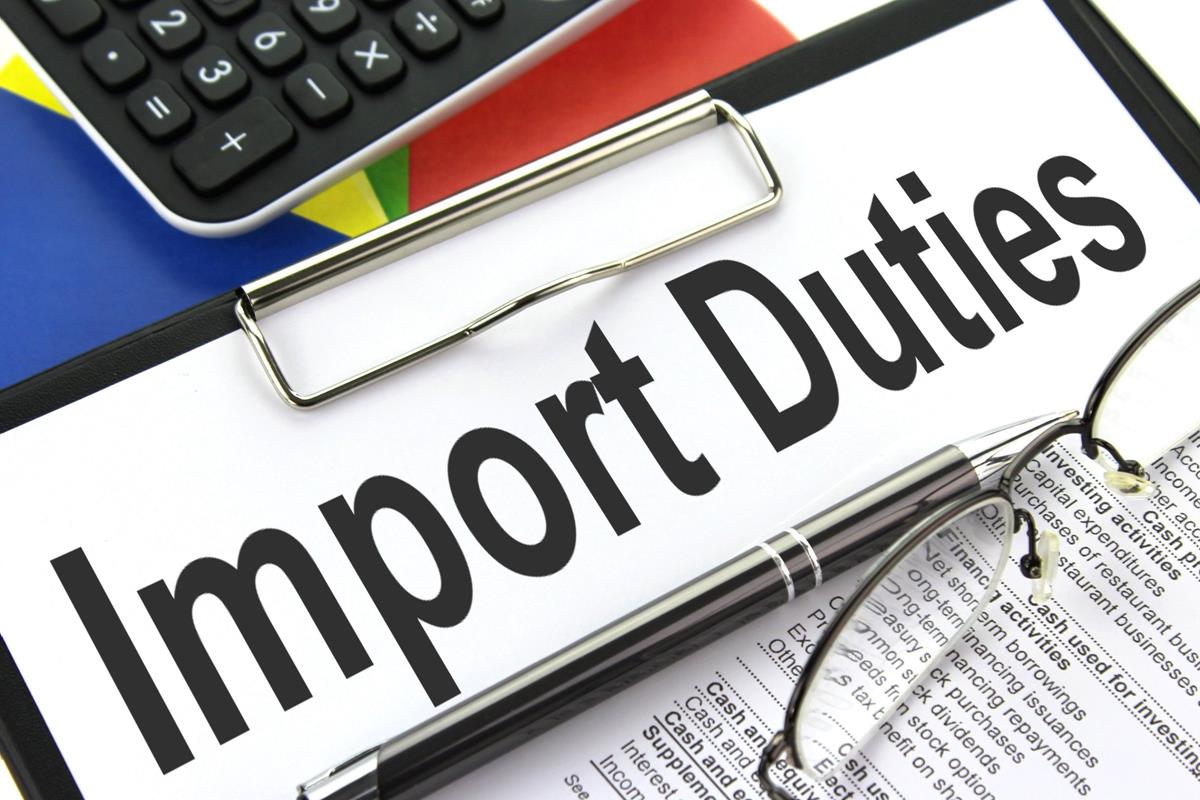
Source: DWGLL
As such, not so many solar grid farms could survive the overwhelming cost of importation. This subsequently forces many out of business.
Not just that, some private mini-grid firms which supplied some off-grid communities also had to shut down.
Overall, there is a need for the government to beat down the cost of import duties specifically charged on solar equipment.
Otherwise, this intervention project, although meant to provide renewable energy, may not be sustainable.
Relatively high purchasing power
According to the FG, the solar home system’s beneficiaries can opt to own the system by paying NGN1,500 weekly or NGN4,000 monthly.
Yes! That’s a very affordable amount for someone who resides in the urban area and not the other way round.
The intervention is targeted at mostly those in the rural area made up of the poorest Nigerians.
As such, the amount charged for owning the solar home system may be relatively too high for the end-consumers.
ALSO READ: Digital Transformation Will Improve The Standard Of Living Of Nigerians – NITDA
To better contextualize this, the National Bureau of Statistics (NBS) reported that 4 in 10 Nigerians live below the poverty index of $1 per day.
Going by the current naira devaluation ($1/NGN500), the poverty index may have even dropped below $1 per day.
Giving this poverty index, it will be so unfair to have these people pay between NGN4,000 and NGN6,000 for electricity every month.
What Techuncode thinks
The FG’s plan to install 5 million solar power across the nation is a laudable one.
However, this endeavour contradicts the government plan to trade three of its power plant in a recent development.
What we deduced from the government’s intention to sell some of its vital power grid across the nation is the inability to properly manage its resources.
Now that the government is venturing into solar home power, what is the guarantee for sustainability?
It also bothers the mind that some government policies may hinder the solar intervention project from a smooth sail.
Regardless, we can hope for a positive output from this end in the near future.
Found this interesting? Share!

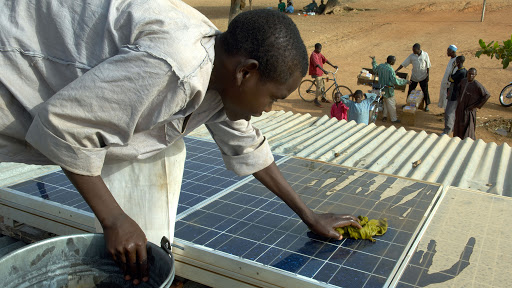


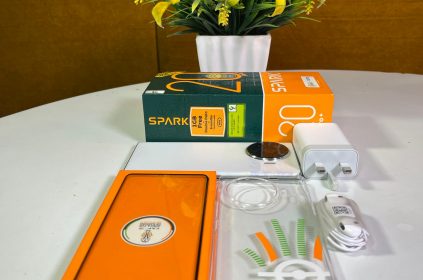

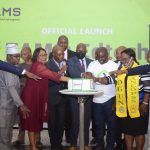
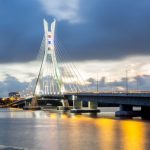














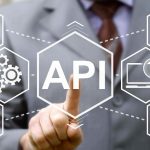


 and then
and then